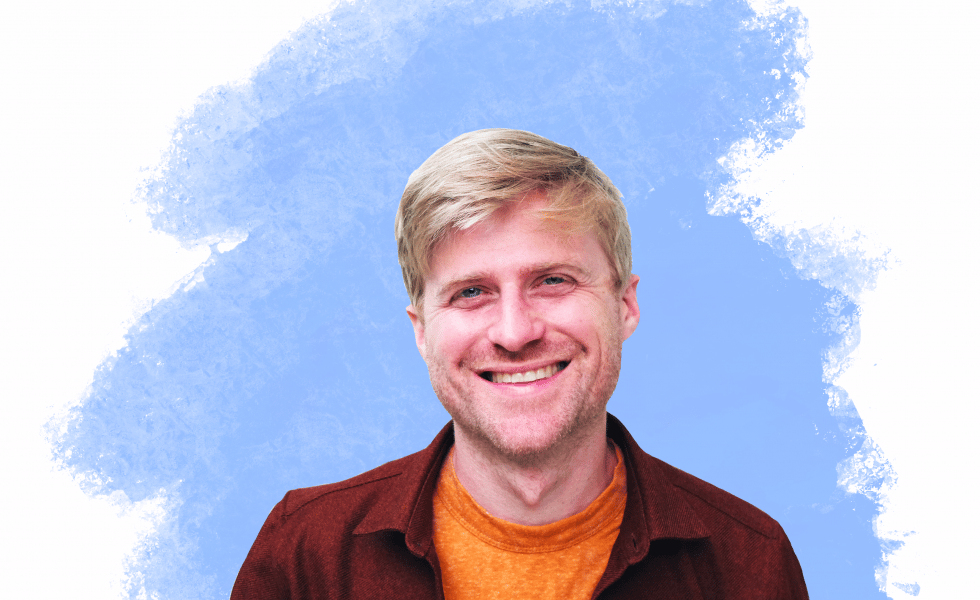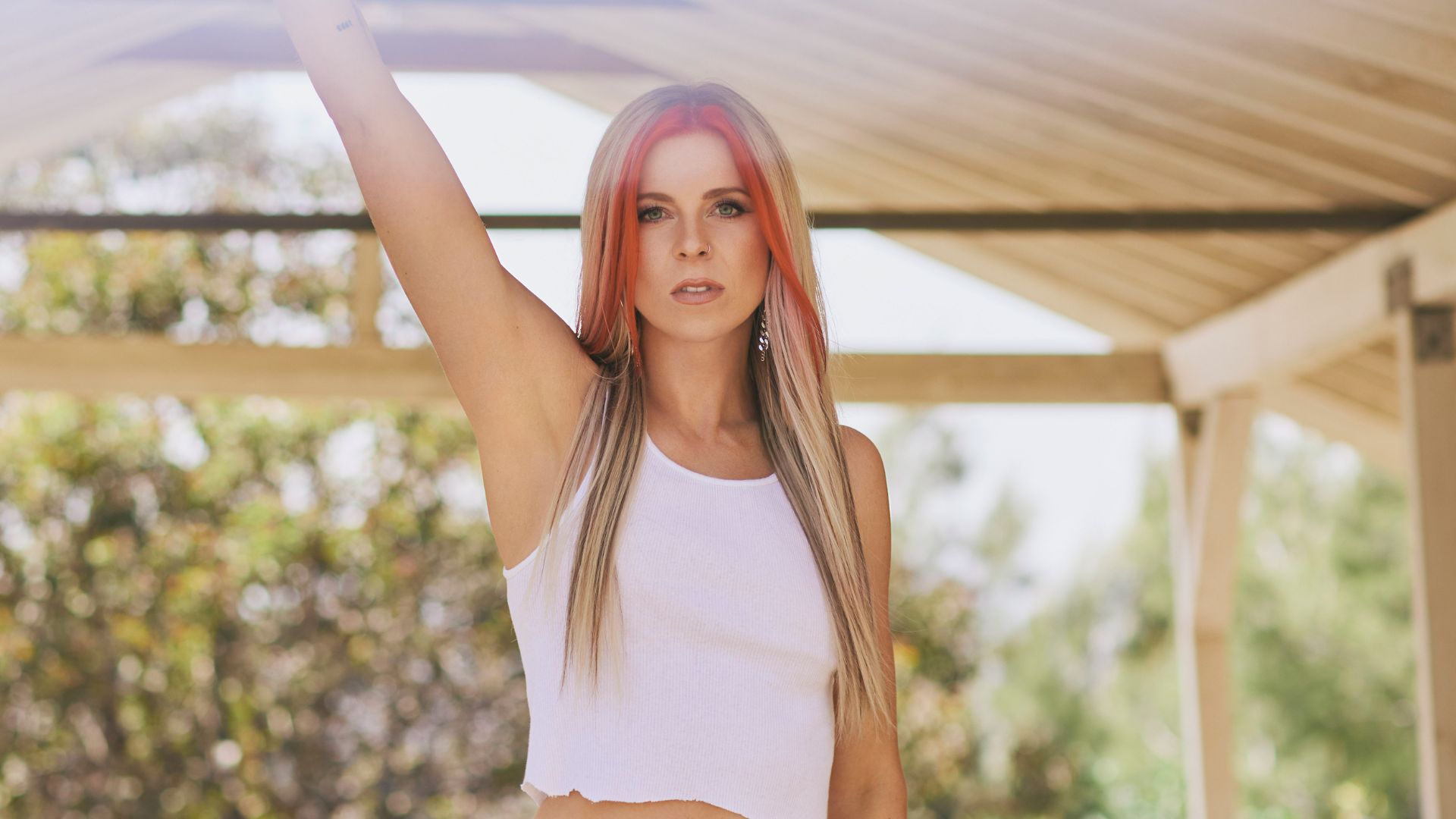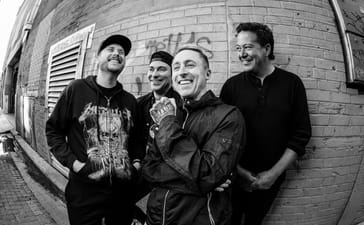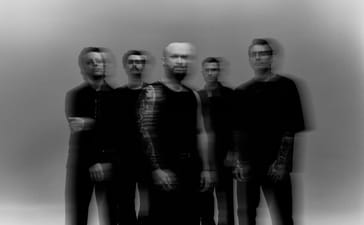Jukebox the Ghost have always had a cult following, but nothing could have prepared band member Tommy Siegel for the way that his art would begin to resonate over the past year. After undertaking a “500 days of comics” challenge, Siegel’s past-time began to take on a life of its own. When Jukebox the Ghost’s touring plans were cancelled due to the pandemic, Siegel thrust himself further into the world of cartooning, ultimately ending up with the publication of anthology I Hope This Helps: Comics and Cures for 21st Century Panic. We took a moment with Siegel to discuss balancing two forms of art that connect him to an audience seeking comfort and hope.
You’re recording a new album with your band, Jukebox the Ghost. Was that always the plan for this year?
Pretty much every plan got thrown in the air. We were supposed to tour in the spring, and then we bumped it to the fall, and then we bumped it to next spring, and then we bumped it to next fall. So, it just keeps getting kicked further and further and further down the road. We were in the middle of making a record in March when COVID hit New York city really hard, so the winds of life scattered us into different directions. I was down in Virginia helping take care of family for four months and this has been the first time that we could reconvene since then. Touring has been our main source of income as a band. We’re really fundamentally a word of mouth touring band with a cult fan base, so we can’t count on streaming to really bring it in for us, but we’ve always done well on the road. It sucks not to be able to tour, but we’re trying to just keep our heads up and record new music. We’re doing some live streams because now we’ve gotten good at learning the mechanics of how to do a good live stream, so we’ll be doing some of those.
You’ve also released this book, which is a compilation of your cartoons. How did you go from making these drawings to getting them published?
To give a little backstory on it, I was super into cartooning as a kid, and then went through puberty and started playing rock music and was like, “I don’t care about comics anymore,” and just totally brushed it aside for until I was in my late 20s. I started drawing comics on tour while my band was on tour, so it was a little social media shtick for the band when we were on the road. Fans would tweet drawing requests at us on Twitter and then I would draw them and tweet back just a photo of my notebook, or whatever, so it just became a fun back and forth with fans. I did that for a few years. Then, a couple of years ago, I had seen another cartoonist do a daily comics challenge and noticed that he kept getting better and better and they kept getting funnier. I had never really taken cartooning seriously in any way. I was doing it as a social media shtick for fans of the band, but not as a serious cultivated practice. So I decided to take on the drawing challenge because, A, I was used to only drawing requests, so I wasn’t even sure if I had any ideas; and B, I just wondered like, “Maybe this would get me off my ass and actually force me to learn a new skill deeply.” So yeah, I did a comic every day for 500 days and it just started to snowball about a year in. Right before a year in, the audience for it really started blowing up. And so, yeah, when I kept it rolling and then finished at 500, my publisher actually… my editor who is a good pal now, he just sent me a DM on Instagram being like, “What are you doing with all these comics? We should make a book.” So, I started working with them through there, so I didn’t really have the traditional path.
What is your primary vocation? Do you feel it’s still music?
I don’t know if I could put one in number one or number two; they just take turns. I’ve been very lucky that there’s space for both of them, particularly this year, because my band isn’t touring at all, so I’ve really been able to heave a lot of energy and effort into comics this year. This spring, I was mostly taking care of family, but the summer, I was doing tons of comics. And now I’m not doing any comics at all and just recording for the next month, so I don’t know. I find that both stimulate different parts of the brain and they complement each other. They don’t feel like they clash.
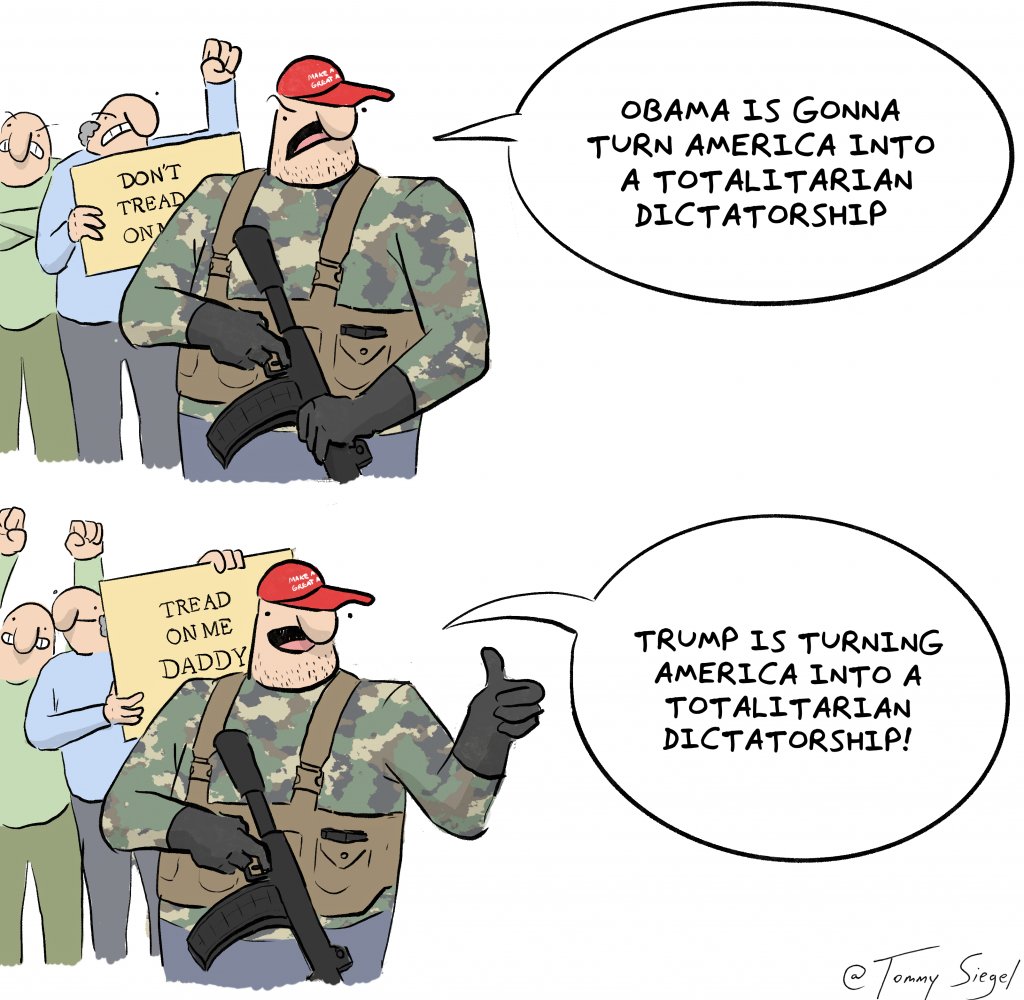
Your cartoons, some of them are political; some of them are also quite telling and quite personal. Did you intend to make yourself that vulnerable?
The strange thing that I started finding was that if I tried to make something that was a cartoon that was big and broad, it didn’t seem to resonate with people. But if I did a comic that was based on some intensely personal paranoia or anxiety, those were the comics where people were like, “Oh my God, that’s so true!” So it’s been a very strange process to realise that the more personal I get, essentially… And not in the ‘I’ sense, but more of the digging, plumbing my own psychological depths, right? The more I do that, the more people seem to relate, which to be honest, bodes poorly for everybody because it means that there’s a lot of people with anxiety out there.
How do you get through each day suffering with anxiety? Like right now, it’s such a clusterfuck. Excuse my French. And obviously if you do suffer with anxiety that can double it. How do you get through the days?
I guess, for me, art is my coping mechanism. So yeah, I mean the title of the book is Comics and Cures for 21st Century Panic. It’s partially sarcastic, but it’s also like comics have become my expression for that 21st century panic, and it’s a very useful release valve for me. So, comics and music are definitely my lifeline beyond family and friends, which they’re obviously the lifeline, but, I don’t know. It’s a crazy year and I feel very lucky that my screaming into the void has an outlet.
Where do you get your motivation to create from?
When I use the term Hail Mary pass for my cartooning, it really did feel like that. It was almost like a classic career crisis move and I feel very lucky that it turned into something really fun and vibrant that I could lean into. And now I’m in a weird position where the following for the comics is big enough that I would say 90% to 95% of the people who follow my comics don’t know about my band. So, I’m in the position now where every once in a while, I’m like, “Hey, check out my band,” and people are like, “Whatever, cartoonist.”


